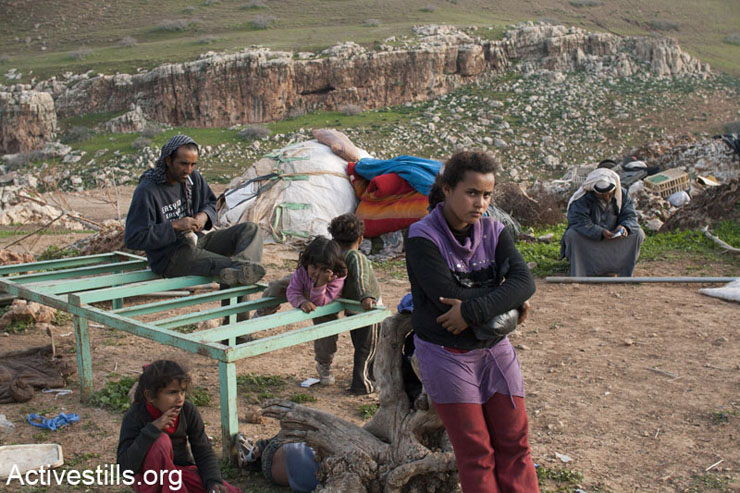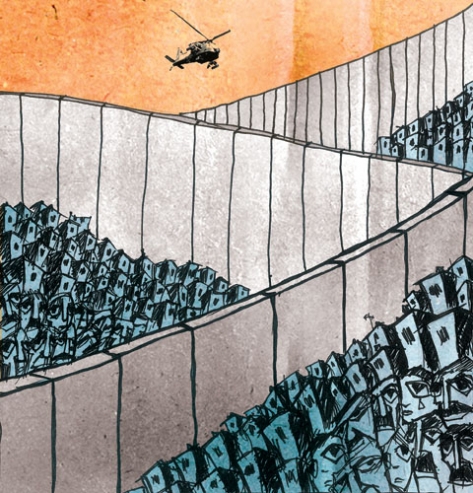Category: In the Media
-
Summary of nine days of demolitions and displacement in Al Maleh, Jordan Valley
29 January 2013 | OCHA Displacement Working Group, edited by International Solidarity Movement, Al Maleh, Occupied Palestine On 17 January, Israeli occupation forces demolished 47 (sic) residential and other structures in Hamamat Al Maleh area, displacing 60 people, more than half of them children. On 19 January, Israeli occupation forces confiscated basic emergency tents that…
-
Announcing 9th annual Israeli Apartheid Week (Feb-March 2013)
23 January 2013 | Apartheid Week Ninth Annual Israeli Apartheid Week (February – March 2013) We are excited to announce the upcoming 9th annual Israeli Apartheid Week (IAW) starting late February in Europe and moving to various countries through the month of March. Israeli Apartheid Week (IAW) is an annual international series of events (including rallies,…
-
Important Supreme Court session on the future of the Palestinian village of Susiya
29 January 2013 | Rabbis for Human Rights On Thursday 31st January the Supreme Court will hold two sessions regarding two petitions affecting the future of the Palestinian village Susiya. One will discuss the organization Regavim’s petition to expedite the demolition of most of the village. The other petition seeks to prevent the villagers’ remaining…


